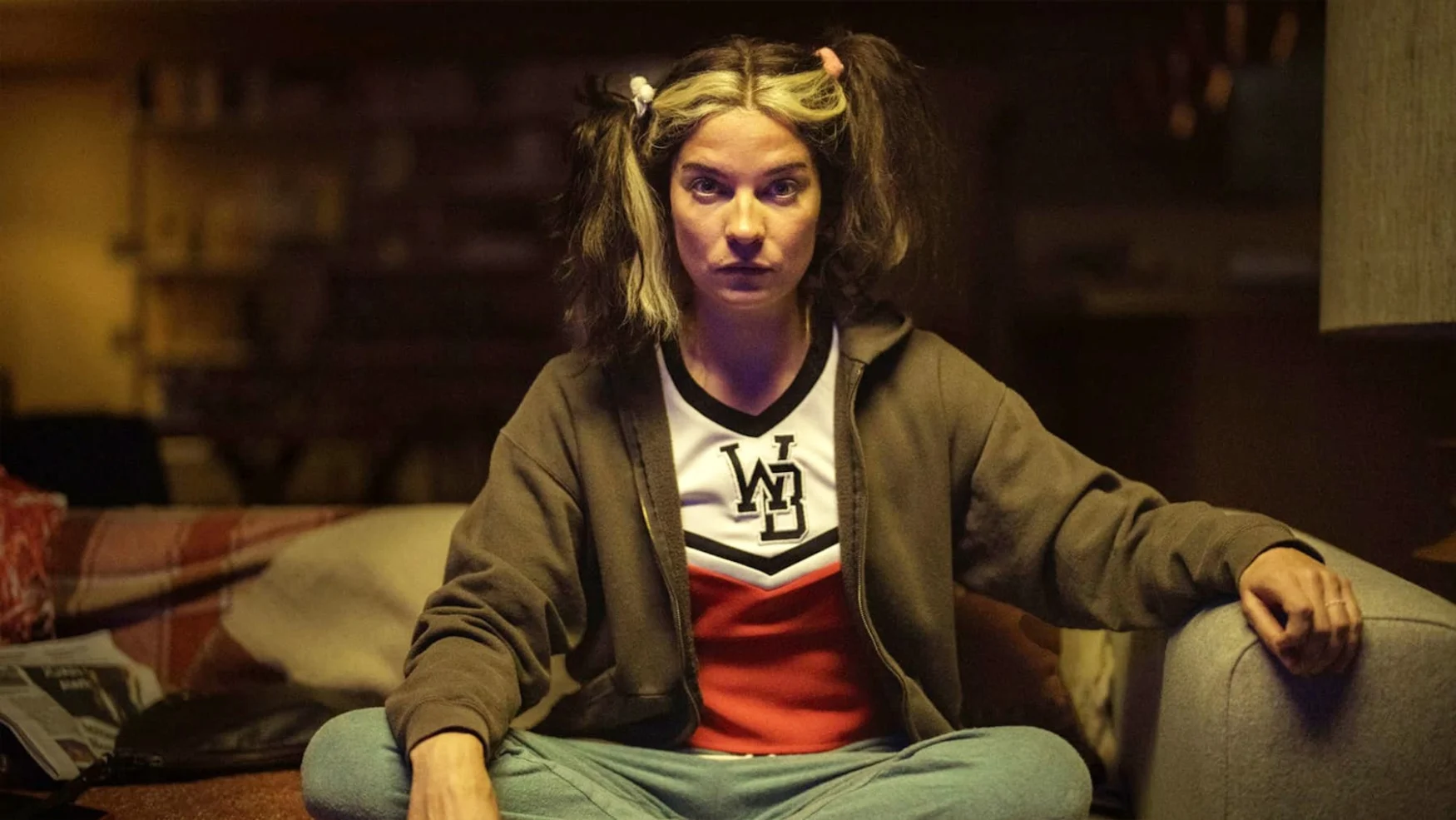In the three years since Black Mirror’s previous (and somewhat disappointing) season, we’ve lived through a global pandemic, watched a US president trigger a mob attack on the Capitol, and AI has gone mainstream. We’re barreling towards the future faster than ever, but loneliness remains a key issue in modern life. What better time for Charlie Brooker to bring back his feel-bad series for another season?
In 2019, I argued that Brooker was running out of things to say with the show, despite his deft ability to predict our tech-infused dystopia with Black Mirror’s first few seasons. Something was lost with his transition to Netflix, which led to bigger budgets and more notable stars, but less of the sharp insight that made the show so memorable. (At least we got “San Junipero,” though.) Thankfully, a few years away from the project seems to have helped. Season six of Black Mirror, which hit Netflix on June 15th, is the series at its best: Shocking, incisive and often hilarious. It also finds new life by looking back into the past frequently, as well as exploring horror more directly than before.
Minor spoilers ahead of Black Mirror season six.
“Joan is Awful” is the perfect way to kick off the new season – it’s the most stereotypical Black Mirror setup. A disaffected big tech HR worker is surprised to find a show on Streamberry (an obvious Netflix stand-in) that recounts her daily life. That includes the cringeworthy layoff of a colleague (and supposed friend), and a therapist appointment where she reveals she’s dissatisfied with her fiance.
It’s a relatable Millennial malaise setup, the sort of thing Charlie Brooker captured so well early on in the series. Joan, played by Schitt’s Creek star Annie Murphy, says she doesn’t feel like a main character in her own life, so she coasts through everything on autopilot, almost always taking the easiest and less confrontational option. You’d think that it would be illegal for a network to just recount her life for all of its subscribers — turns out, she should have read the Terms of Service more closely.
I won’t spoil where, exactly, that episode goes, or the familiar faces you end up seeing. But as the twists revealed themselves and it reached its inevitable bonkers conclusion, I couldn’t help but smile. It was like Charlie Brooker shouting at me through the screen, “Black Mirror is back, baby!”

Netflix
What’s truly surprising, though, is that this season of the series also feels refreshing in the ways it veers away from what we expect. “Loch Henry” is a fascinating exploration of our obsession with true crime dramas, and the impact they can have on the people affected by those stories. But aside from the presence of Streamberry as a service thirsty for true crime narratives, the story is more cultural than technology criticism.
Sure, we have more tools than ever to make true crime documentaries – there’s a drone being used to make sweeping aerial shots, and the digital cameras are perfectly suited to shooting in dimly lit basements – but the desire to tell and consume these stories is purely human. And when it comes to macabre drama we can’t help ourselves.
Black Mirror also gains some fresh perspective by exploring the past — or at least, timelines without smartphones and ubiquitous fast cellular internet. “Beyond the Sea” is an elegant yet brutal story set in 1969, focusing on two astronauts on a deep space mission who also wirelessly control mechanical bodies back on Earth. The episode is less interested in how any of that tech works — just accept the mystery, folks — and more about how it affects those astronauts, their families and society as a whole.